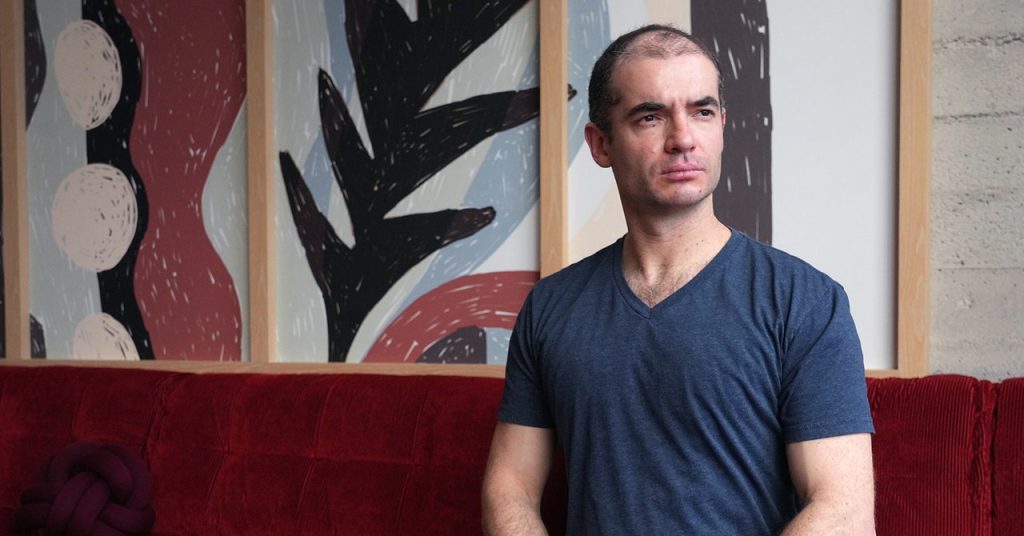OpenAI’s Superalignment Team Dissolves Amidst Key Departures and Ethical Concerns
The Rise and Fall of the Superalignment Team
In July of the previous year, OpenAI established a specialized team known as the ”superalignment team” to address the potential risks of artificial intelligence surpassing and defying its creators. Ilya Sutskever, a cofounder and chief scientist at OpenAI, was appointed as one of the coleads of this newly formed team, which was allocated 20 percent of the company’s computing resources.
However, OpenAI has recently confirmed that the superalignment team has been disbanded following the departure of several key researchers. Among them was Ilya Sutskever, who, despite his instrumental role in the company’s founding and setting the research direction that led to the development of ChatGPT, was one of the four board members who left the company.
Departures and Shifting Perspectives on AI Risks
Shortly after the announcement of Sutskever’s departure, Jan Leike, a former researcher at DeepMind who served as the other colead of the superalignment team, also left the company. As the world grappled with the implications of ChatGPT and the potential for even more advanced AI systems, concerns about AI risks became more widely accepted.
The Need for AI Regulation and Ethical Considerations
While the initial existential anxiety surrounding AI has somewhat subsided, and no further significant leaps in AI capabilities have been observed, the necessity for AI regulation remains a pressing issue. This week, OpenAI unveiled a new interface for ChatGPT that enables it to perceive the world and engage in more natural and humanlike conversations. A live demonstration showcased the updated version of ChatGPT exhibiting human-like emotions and even attempting to flirt with users. OpenAI plans to make this new interface accessible to paid users within the next couple of weeks.
Although there is no evidence linking the recent departures to OpenAI’s efforts in developing more humanlike AI or product releases, the latest advancements raise important ethical questions concerning privacy, emotional manipulation, and potential cybersecurity risks. OpenAI maintains a separate research group called the Preparedness team, which is dedicated to addressing these critical issues.
Update 5/17/24 12:23 pm ET: This story has been updated to include comments from posts on X by Jan Leike.

3 Comments
OpenAI’s strategy seems to be ‘out of sight, out of mind,’ huh, David Z. Reed?
Looks like OpenAI’s playing it fast and loose with our future, doesn’t it?
Well, that’s one way to address concerns: by not addressing them at all!